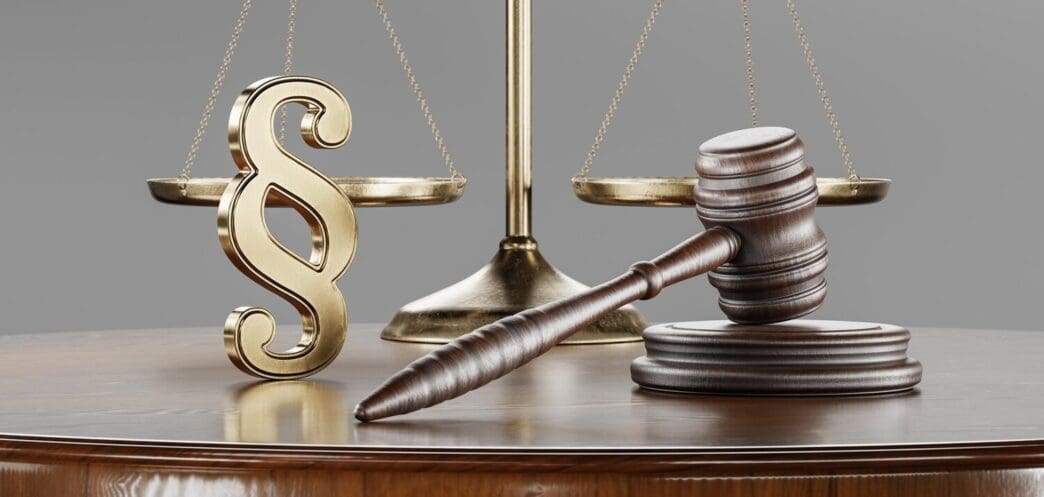Executive Summary
The Story So Far
Why This Matters
Who Thinks What?
A federal appeals court has ruled that tariffs imposed by President Donald Trump during his administration, leveraging the International Emergency Economic Powers Act (IEEPA), were unlawfully implemented. This decision could compel the U.S. government to refund American businesses more than $200 billion, a prospect that President Trump has acknowledged could result in the U.S. Treasury having to return tariff revenue.
Legal Challenge and Financial Implications
The ruling stems from a challenge to the extensive tariffs that were a hallmark of President Trump’s trade policy. The court found that the use of the IEEPA for these specific tariffs was not legally sound. American businesses have collectively paid over $210 billion in these tariffs as of August 24, according to the original reporting.
President Trump is currently appealing the federal appeals court’s decision to the Supreme Court. However, it remains uncertain whether the Supreme Court will choose to hear the appeal. Should the Supreme Court decline to take the case, the lower court’s ruling would stand, potentially triggering the significant refunds.
Uncertainty Surrounding Refunds
Even if the ruling is upheld, the method for distributing any refunds remains unclear. Several scenarios are possible, including the government refunding all importers who paid the tariffs, limiting refunds to only the named plaintiffs in the lawsuit, or requiring individual importers to file their own actions to recover funds. Alternatively, the government could establish a new administrative process for handling the refunds.
The Treasury Department has declined to comment on the ongoing legal proceedings or the potential implications of the ruling. This silence adds to the uncertainty surrounding the practical implementation of any refund mandate.
Economic Ramifications
While the prospect of refunds may be welcomed by businesses, the economic impact on the nation’s finances could be substantial. Such a large-scale refund could necessitate increased government borrowing, which, in turn, might contribute to inflationary pressures within the economy.
This potential financial strain comes at a time when the nation’s budget deficit has already seen growth during the Trump administration, even with the additional revenue generated by the tariffs in question. The need for significant refunds could exacerbate existing fiscal challenges.
The outcome of President Trump’s appeal to the Supreme Court will be a critical determinant for both American businesses and the U.S. Treasury, with billions of dollars and potential economic shifts hanging in the balance.








